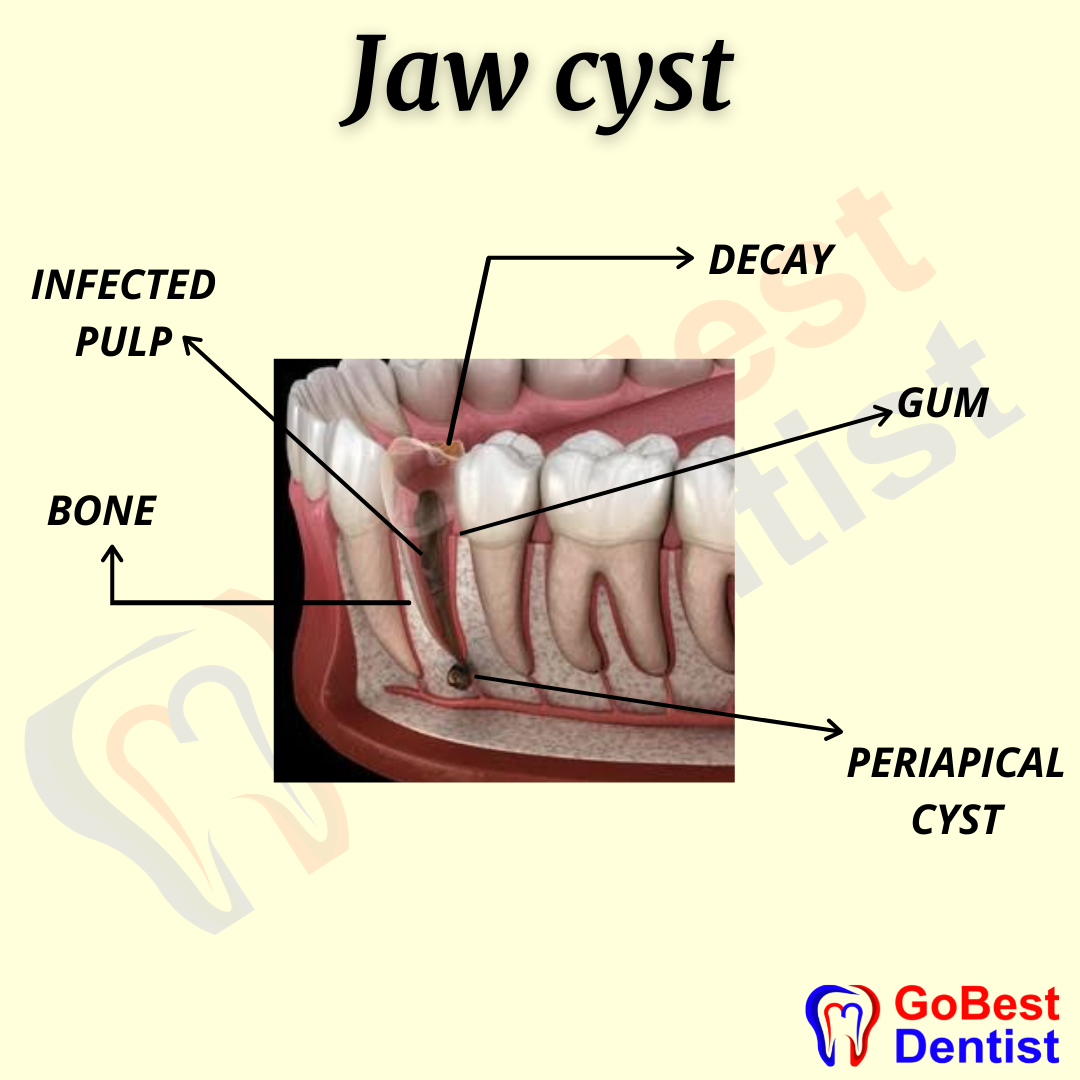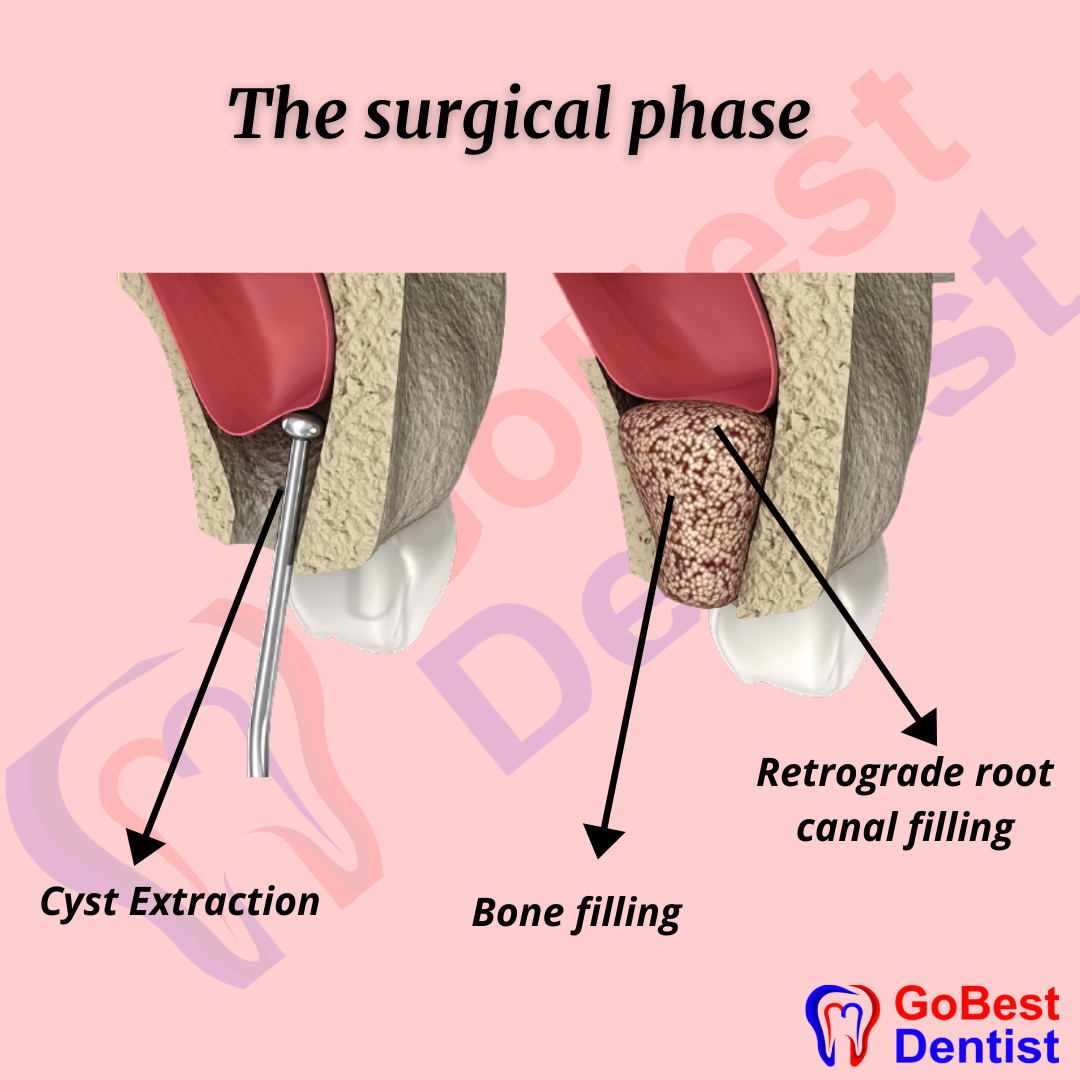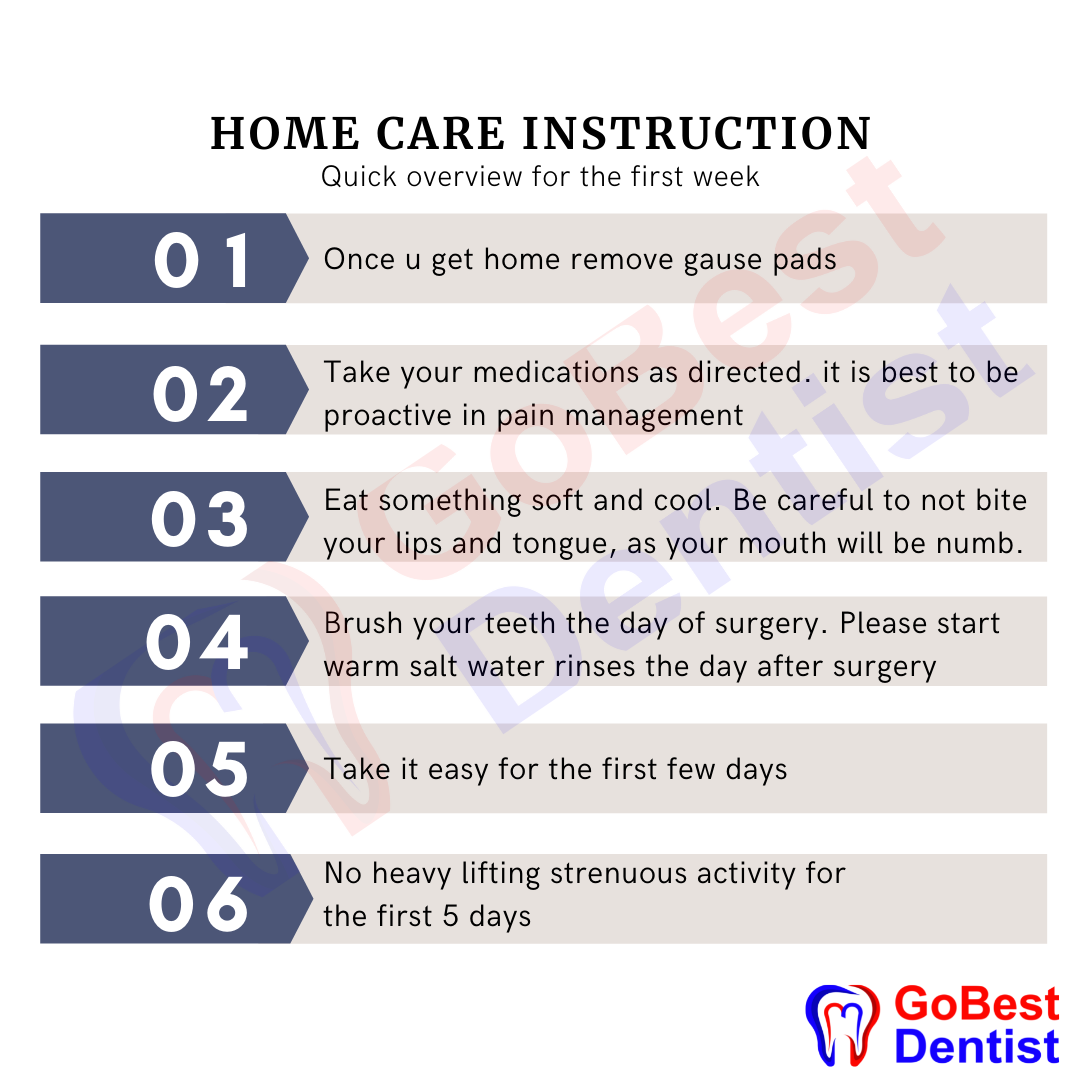Oral & Maxillofacial Surgery
‘Diagnosis, treatments and rehabilitation. We have it all!’
The cyst and tumors of oral cavity are relatively rare lesions that can develop either in jaw bone or in soft tissues of oral cavity. They are sometimes referred to as odontogenic cyst and tumors. They are usually non-cancerous but can sometime turn to be aggressive causes extensive destruction of surrounding bone and soft tissues if not treated on time.
WHAT
What kind of abnormal lesions can develop in oral cavity?
It is estimated that about 10% people develop abnormal growth in oral cavity on an average.
It can be any one of the following types:

1. Jaw cyst
A jaw cyst is formed when there is an abnormal collection of fluid which is surrounded by a sac of tissues in the oral cavity. The involved teeth might need a root canal treatment or extraction in case of a peri-apical cyst.
The most common type of cysts are known to grow from the developmental tissues which were originally supposed to grow into your normal oral hard and soft tissues. After the growth period, these developmental tissues generally become inactive. Sometimes an abnormal stimulus cause these tissues to re-activate and grow to form a cyst. Due to the growing fluid and expanding cyst, it can cause the destruction of the surrounding tissues to create space for itself.
Read more2. Jaw tumor.
A jaw tumor is a type of lesion where there is an abnormal growth of tissues inside the hard or soft tissues of oral cavity.
Tumors are also believed to be originating from the developmental cells that originally form the hard and soft tissues of your oral cavity. Some may also form from bone, cartilage or other oral tissues. Most of the jaw tumors can be removed easily without causing much damage if proper treatment is initiated on time.
Read more3. Jaw cancer
If the abnormal growth spreads very speedily causing rapid destruction of surrounding tissues, it is termed as jaw cancer.
Cancer usually will require a multidisciplinary approach of treatment. It can spread to other parts of the body as well. With advances in technology, it is possible to completely cure cancer.
Read moreSearching for oral and maxillofacial surgery treatment ?
CONTACT USWHAT
What problems can be caused by cyst and tumors?
Gradual bone destruction.
Weakening of jaw.
Loosening of teeth.
Changes in bite.
Pain.
Swelling.
Nerve compression causing numbness of lips, gums and teeth.
WHAT
What are the treatment options available?
The treatment procedure depends on the type of cyst or tumor. The entire phase of treatment can be divided into the following stages:
1. Initial Evaluation
In this appointment you can expect us to do a physical examination and obtain a detailed history to advice for required investigation.
After knowing your concern and a thorough physical examination, we might suggest you to go for:
- X-ray
It is useful for identification of abnormal tissues and also important to guide the required surgical treatment. - Biopsy
Biopsy is done by taking a sample from the abnormal growth and sending it to the laboratory for testing. It is then determined as to which type of lesion has occurred. This is important in deciding the type of treatment as some lesions are aggressive and fast growing. So they require comparatively big surgeries then the lesions which are slow growing and non-invasive.
2. The surgical phase

Depending on the type of lesion, your surgical treatment may include any of the following:
Excision
Also known as Enucleation, it involves complete removal of cyst or tumor.It may sometimes involve the removal of surrounding damaged bone or tissue as well. It is possible to re-build the remove tissue in the same procedure if deemed necessary.
Read more
-
Resection or partial mandibulectomy This procedure involves complete removal of the concerned lesion along with the removal of some part of your jaw.
This procedure is usually performed when the lesion is aggressive and has infected the surrounding bone badly. It is done to ensure that all the damaged tissues are removed. Doing so will diminish the chances of re-occurrence.
Read more
Titanium plates and screw may be required to the jaw initially.
Reconstruction of the removed tissues can be done either in the same appointment or might require a second surgery.
Looking for oral and maxillofacial surgeon in Pimpri Chinchwad?
BOOK AN APPOINTMENT
Post-operative care after surgery:
Now that you have gone through the main part of treatment i.e surgery, you will want to take care to ensure speedy recovery and return back to normal life as soon as possible.
- Follow proper instructions
You might be advised not to brush your teeth or use a mouthwash for some time as your mouth becomes increasingly sensitive after the surgery.
But it is necessary to keep your mouth clean as advised by the oral surgeon by using salt water gargles. Whatever it is, important part is to follow all the instructions strictly. - Proper diet
Hot drinks should be avoided as they have the probability to burn the operated tissues. It is advisable to stick to soft diet for at least for a few days after surgery. Avoid smoking and alcohol in any form for speedy recovery.
- Proper medication
You might feel a little soreness in the jaw for some days after surgery and it is completely normal. It is important that you properly take your antibiotics and pain killers as advised by the surgeon.
- Regular follow-ups
It is mandatory they you go for all follow up visits so that we can check the healing process and instruct you accordingly.
Worried about rehabilitation after surgery?
CONTACT USFrequently Asked Questions



